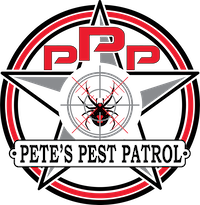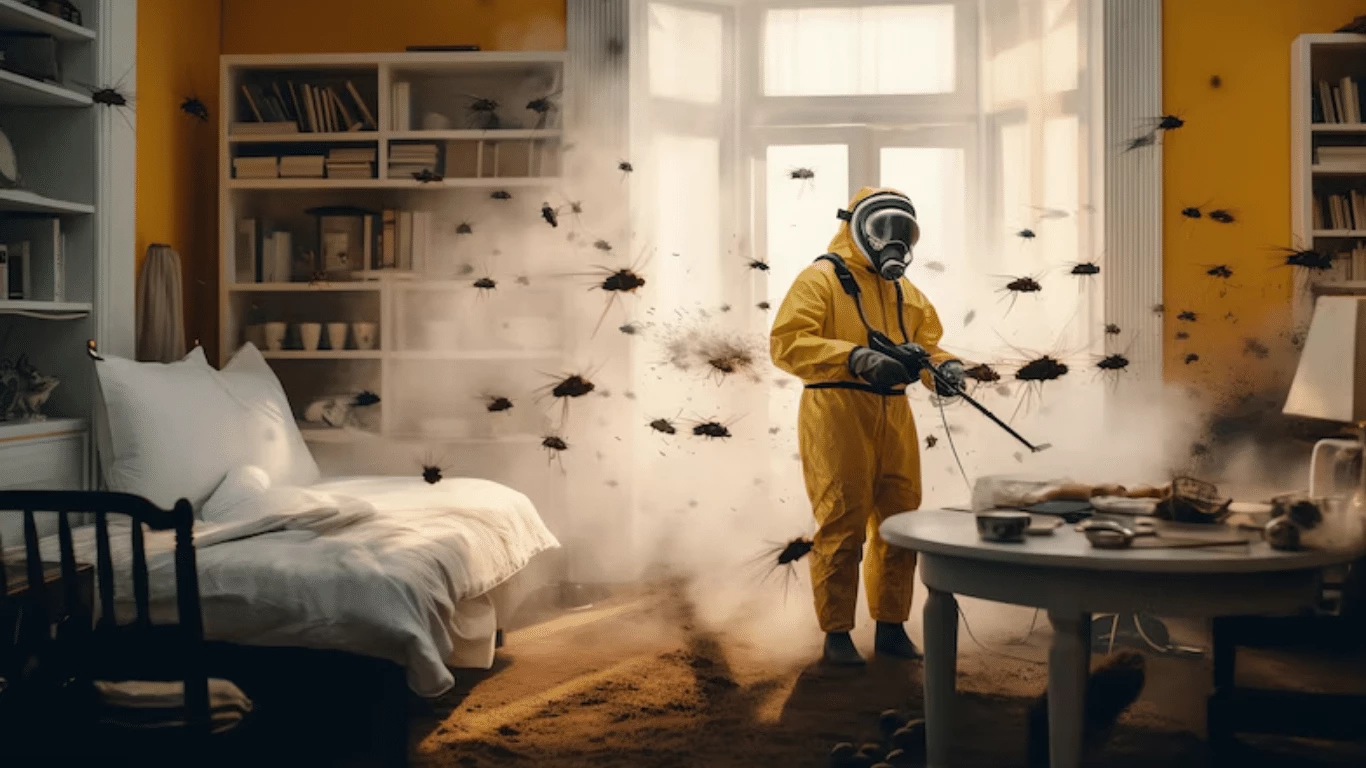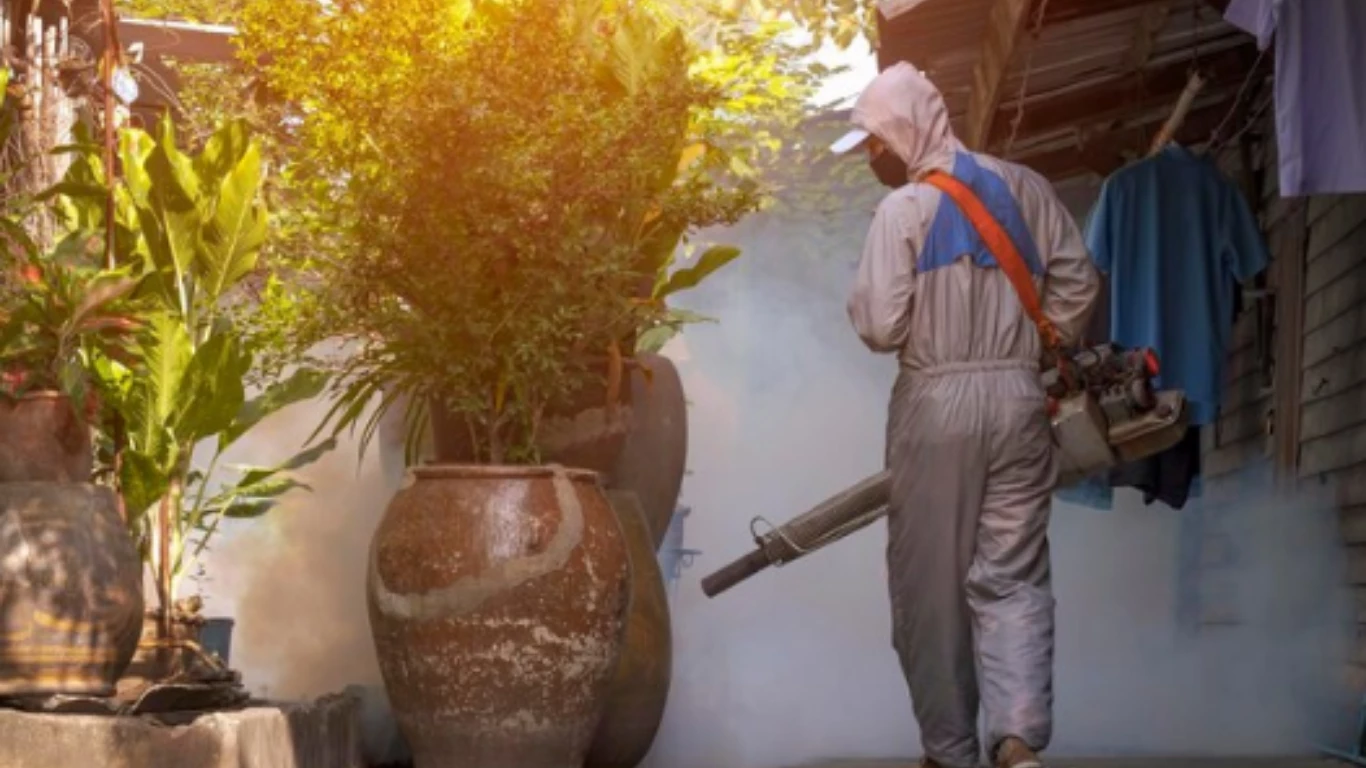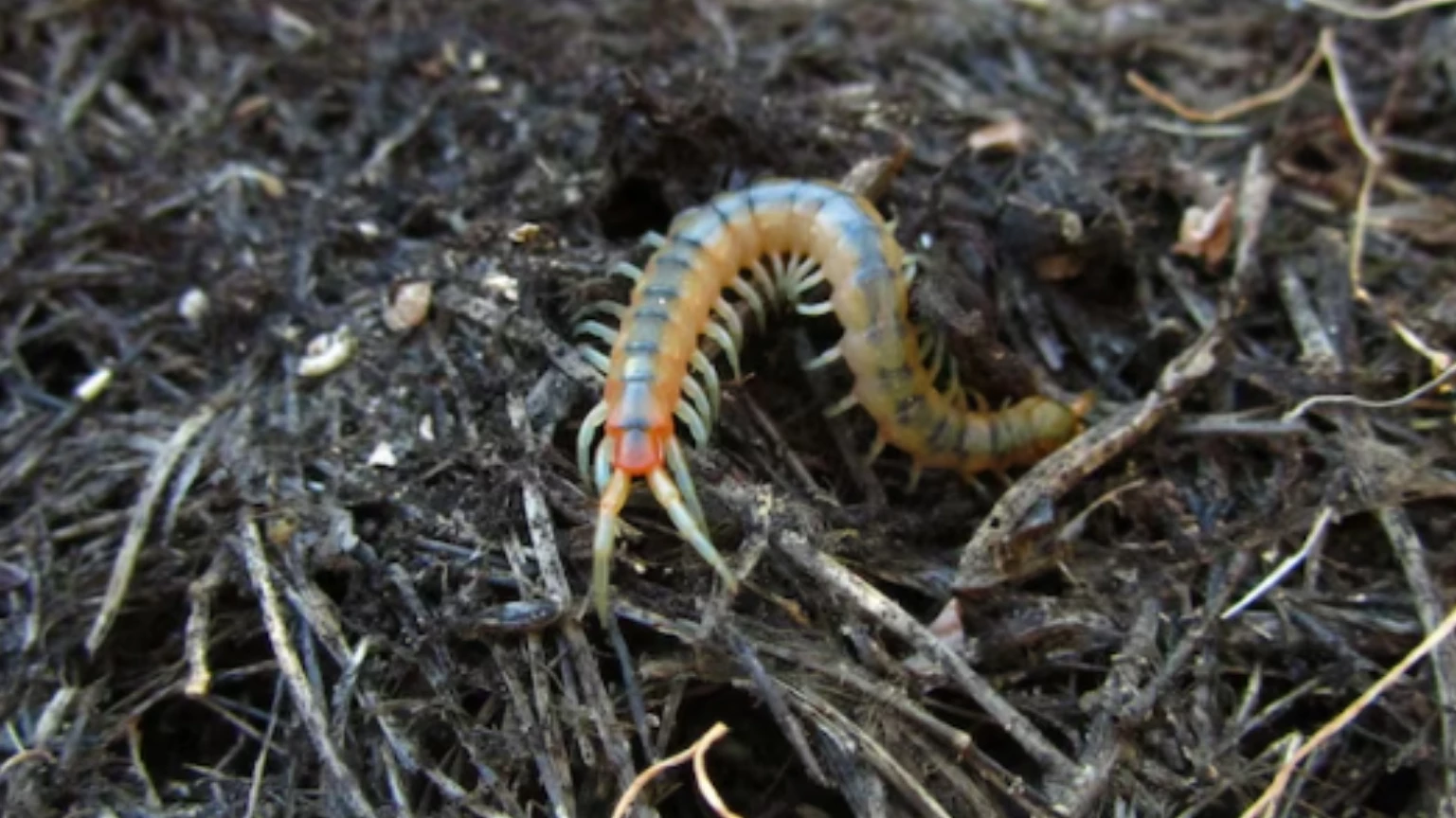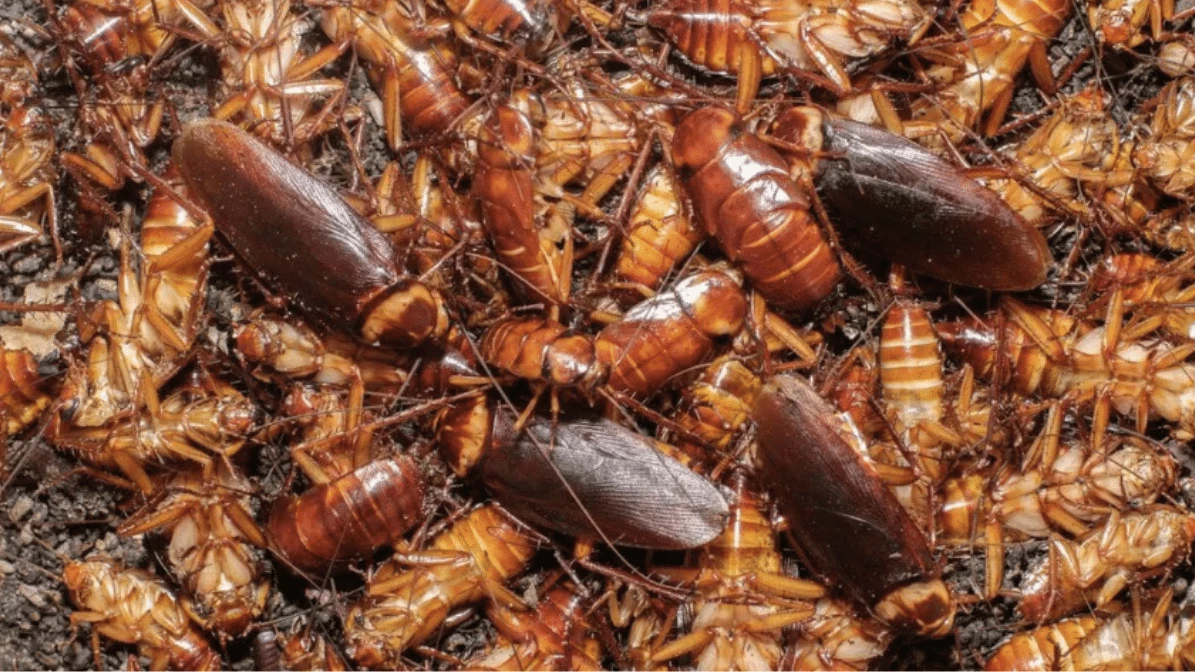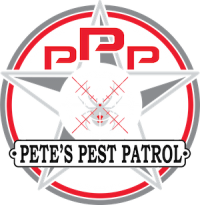At Pete’s Pest Patrol, we understand that effective pest control should eliminate unwanted intruders and address any potential concerns related to odor and residue. Our commitment goes beyond eradicating pests; we prioritize giving clients a clean, comfortable environment.
Our experienced team employs state-of-the-art, environmentally friendly pest control solutions to manage byproducts such as odors and residues. These advanced techniques minimize the impact on indoor air quality and surfaces. We ensure that the products we use are potent against pests and leave behind minimal traces, reducing concerns about lingering smells or residues.
Pete’s Pest Patrol aims to provide comprehensive and sustainable solutions by emphasizing responsible pest control methods. We aim to leave your property pest-free while maintaining a safe and pleasant environment for you, your family, or your business. Trust us for effective, responsible pest control that prioritizes your immediate and long-term needs.
How to Remove Odors After Pest Control
Removing odors after pest control is essential to restore a pleasant indoor environment. At Pete’s Pest Patrol, we recommend the following steps to eliminate odors effectively:
- Ventilation: Let fresh air in by opening windows and doors. Proper ventilation helps dissipate lingering odors.
- Cleaning: Thoroughly clean the affected areas. Clean surfaces, vacuum carpets, and clean floors to remove any residues or debris left behind from the pest control treatment.
- Air Purifiers: Consider using air purifiers or activated charcoal filters to help remove odors from the air.
- Natural Remedies: Natural odor absorbers like baking soda or white vinegar can be placed in bowls around the treated areas to absorb odors.
- Professional Cleaning: In some cases, professional cleaning services may be necessary, especially if the pest control treatment involves strong chemicals.
- Patience: Allow some time for the odors to dissipate naturally. They should gradually decrease as the treated areas dry and air out.
Remember that the specific steps needed may vary depending on the pest control treatment type and the infestation’s severity. Pete’s Pest Patrol is always available to provide guidance and assistance in managing any concerns related to pest control and its aftermath, ensuring your satisfaction and comfort throughout the process.
Can pest control leave a residue?
Yes, pest control treatments can sometimes leave behind residue, depending on the methods and products used. However, at Pete’s Pest Patrol, we prioritize using responsible and environmentally friendly pest control solutions that minimize the risk of residue. Our experienced team is trained to apply treatments effectively and ensure that any residues left behind are minimal and safe for occupants.
We understand the importance of eliminating pests and maintaining a clean and healthy indoor environment. That’s why we take great care in selecting and applying products that are effective against pests and considerate of your well-being.
If you have concerns about residue or any other aspect of pest control, our team is always available to address your questions and provide you with the information and peace of mind you need. Your satisfaction and comfort are our top priorities at Pete’s Pest Patrol.
Are residues harmful to pets?
Residues from pest control treatments can potentially harm pets, depending on the specific products used and the application methods. Choosing a pest control provider like Pete’s Pest Patrol, which prioritizes pet safety and uses pet-friendly pest control solutions, is essential.
Our Pete’s Pest Patrol team is committed to your pets’ well-being. We select and apply products as safe as possible for humans and animals. However, it’s essential to follow specific precautions:
- Temporary Relocation: If deemed necessary, we may recommend temporarily relocating your pets during and immediately after the treatment to minimize their exposure to any residues.
- Ventilation: Adequate ventilation of treated areas helps dissipate residues and reduce the risk of exposure.
- Thorough Cleaning: After the treatment, thoroughly clean and wash any pet bedding, toys, and food/water bowls to ensure they are free from potential residues.
- Observation: Keep a close eye on your pets for odd conduct or distress after pest control treatment. Consult if unpleasant reactions occur with a veterinarian immediately.
While we prioritize pet safety, it’s crucial to communicate any specific concerns about your pets with our team before the pest control treatment. This way, we can tailor our approach to ensure the well-being of your beloved animals while effectively addressing your pest control needs.
What’s the cost of residue removal?
The cost of residue removal after pest control can vary depending on several factors, including:
- Type of Pest Control Treatment: The specific pest control method and products used can influence the type and amount of residue left behind.
- Size of Treated Area: The size of the treated area, whether it’s a single room, an entire home, or a commercial space, will impact the cost of residue removal.
- The extent of Residue: The severity of the residue left behind, as well as its location and accessibility, can affect the cost of removal.
- Cleaning Methods: The chosen cleaning methods, simple wiping, vacuuming, or more extensive professional cleaning, can influence the cost.
- Additional Services: If other services, such as deodorizing or air purification, are required, they may add to the overall cost.
To determine the exact cost of residue removal after a pest control treatment, it’s advisable to consult with Pete’s Pest Patrol directly. Our team can assess your situation and provide a comprehensive estimate based on your demands of the extent of residue removal required. We are committed to giving transparent and competitive pricing while ensuring the complete satisfaction of our customers.
Do natural remedies work for pest odors?
Natural remedies can effectively address pest odors to some extent, but their success depends on the severity of the smell and the specific treatment used. Here are a few natural remedies that may help:
- Baking Soda: Baking soda is a natural deodorizer. Sprinkling it on carpets, upholstery, or other affected areas and leaving it for a few hours before vacuuming can help absorb and neutralize odors.
- White Vinegar: White vinegar can wipe down surfaces and eliminate odors. Its acidic properties help break down and neutralize unpleasant smells.
- Activated Charcoal: Activated charcoal is known for its odor-absorbing properties. Placing bowls of activated charcoal in the affected areas can help reduce odors over time.
- Lemon Juice: Lemon juice’s natural freshness can mask or neutralize odors. Spraying lemon juice-water mixture in problem areas can be helpful.
While these natural remedies can be useful for minor pest odors, they may not eliminate strong or persistent smells from extensive infestations. In such cases, it’s often best to consult a professional pest control service like Pete’s Pest Patrol. We can address the root cause of the odor and provide effective treatments to eliminate it, ensuring a pest-free and odor-free environment for our clients.
Give us a call to learn more about pest control solutions!
